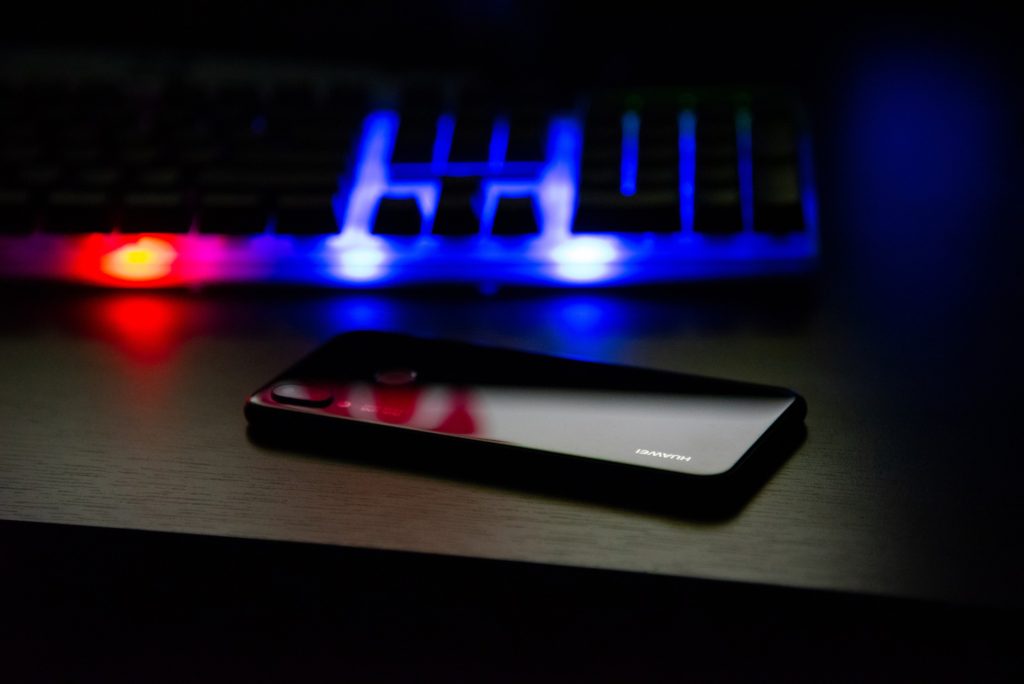
It is the second-largest smartphone maker in the world after Samsung, even beating Apple the third largest. But many Americans have never heard of the Chinese technology company with a hard-to-say name. Wah-Wei, as it is pronounced, is making headlines in the U.S. this week as the U.S. government issues orders to stop its growth.
The White House today announced further restrictions on Guangdong based Huawei Technologies Co, in yet another show of force against the Chinese technology industry. The new regulations expand the ‘blacklist’ of banned companies created in May, preventing Huawei and its affiliates from procuring U.S. chips to use in its technology.
The pushback on the company by the U.S. severely effects its hardware business – sales of smartphone to consumers – as well as its B2B sales of 5G base stations. Huawei’s 5G technology requires U.S. chips to operate, which is why the ban is so detrimental. The U.S. government believes the restrictions it placed on Huawei in May did not go far enough in preventing the company from importing chips. “As we have restricted its access to U.S. technology, Huawei and its affiliates have worked through third parties to harness U.S. technology in a manner that undermines U.S. national security and foreign policy interests,” Commerce Secretary Wilbur Ross said in a statement.
The Commerce Department and The Bureau of Industry and Security (BIS) provided names of the additional company names that are now on its ‘entity list.’ All of the organizations that are now banned include the word ‘Huawei’ in the name, followed by the name of a different country. Examples include Huawei Technologies Morocco; Huawei Cloud Netherlands; Huawei Cloud Peru; Huawei Cloud Russia; Huawei Cloud Singapore.
Ross says the restrictions on Huawei affiliates obtaining electronic components developed and produced using U.S. technology, are effective immediately. He believes Huawei acts in compliance with the Chinese government which mandates that entities and individuals disclose information about Americans and other foreigners to authorities. “Huawei and its foreign affiliates have extended their efforts to obtain advanced semiconductors developed or produced from U.S. software and technology to fulfill the policy objectives of the Chinese Communist Party,” said Ross in a statement.
President Donald Trump also said in a television interview on Monday that he has grave concerns about Huawei. “We don’t want their equipment in the United States because they spy on us,” he said on Fox News. “Huawei is a disaster,” President Trump continued.
Bill Evanina, head of America’s National Counterintelligence and Security Center, agrees that Huawei technology presents a potential security threat. “We have serious concerns over Huawei’s obligations to the Chinese government, and the danger that poses to the integrity of telecommunications networks in the US and elsewhere,” Evanina told the BBC in 2019. “Chinese company relationships with the Chinese government aren’t like private sector company relationships with governments in the West.”
U.S. government concerns with the company go back as far as 2012 when a report was issued by the House Intelligence Committee warning that Huawei could be a threat to national security. As a result, Huawei products were banned for purchase by U.S. companies. In the years since, Huawei products have been sold by Amazon and Best Buy, though political pressure has precluded the Chinese company from making a lucrative deal with a U.S. phone carrier. Rumored deals with Verizon and AT&T were shut down in 2018, as was the distribution arrangement with Best Buy.
Other countries have banned Huawei products too. The U.K. banned the Chinese company from being a part of its developing 5G infrastructure in July. Australia and New Zealand issued a similar ban in 2018. Canada is reviewing a request from a U.S. national security advisers to not use Huawei 5G technology, and has been heavily criticized by the Chinese government for allowing extradition of a Huawei executive to the U.S. Those four countries and the U.S. make up the intelligence-sharing group known as the ‘Five Eyes.’
President Trump warned this week that he is keeping an eye on other countries that permit Huawei, potentially endangering the Five Eyes collaboration. “Any country that uses it, we’re not going to do anything in terms of sharing intelligence,” said Trump.
While the U.K. has now banned Huawei from being a part of its developing 5G network, the British Government Communications Headquarters says its relationship with China is nuanced. “We see China as an intelligence adversary, we see them as an economic partner, we work with them in some areas, we compete with them in others,” said Fleming.
